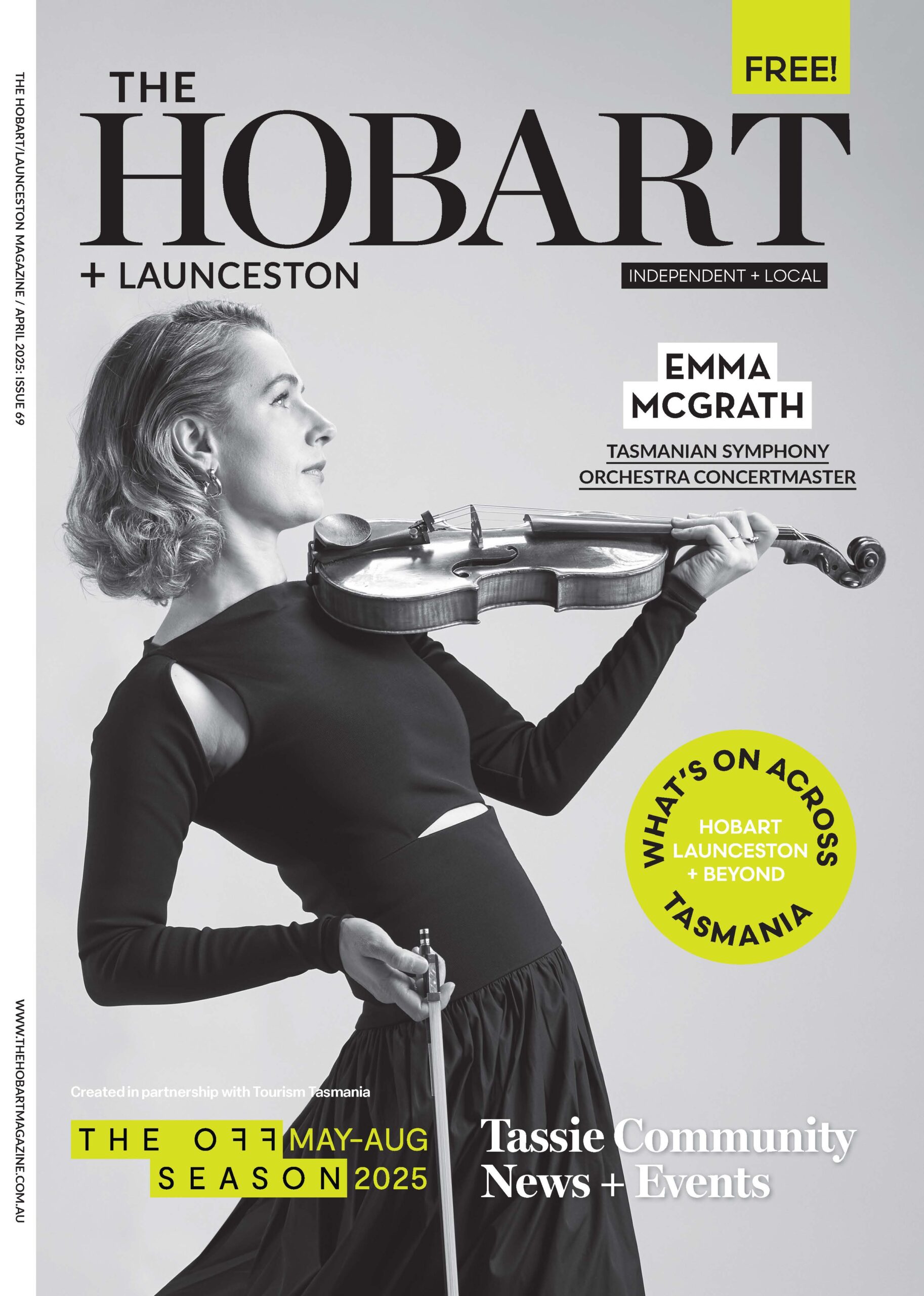Is Tourism Ready For More Forestry Wars?
by Dr. Olivia Hasler

Tasmanian forests are special. They’re home to centuries-old trees, including the tallest flowering trees on the planet, and support unique native species. Yet not everyone agrees on how these forests should be managed.
The Tasmanian “forest wars” were a period of conflicts between conservationists and loggers that may soon be reignited. With the current moratorium end date quickly approaching in April, the State Government will soon have to decide whether or not to open Tasmanian forests up for logging. The decision will require the support of both Houses of Parliament. While the Government previously stated logging wouldn’t be allowed in the Tasmanian Wilderness World Heritage Area or the Three Capes Track, the majority (356,000 hectares) of the once protected forest has been marked as “Future Potential Production Forest” (FPPF). While the debate surrounding FPPF has mostly been reported as the usual Liberal vs Greens or Greenie vs Development issue, it’s the Tasmanian tourism sector that’s most threatened by logging plans. Tourism relies on an area’s natural assets, and the demand for quiet, safe, and natural spaces for recreation and ecotourism is steadily increasing.
Last year, over 1.3 million people – not including those that arrived via cruise ships – visited Tasmania. Tourism contributes approximately $3.2 billion or 10.3 percent to Tasmania’s Gross State Product and provides about 42,000 jobs in Tasmania; about 17.2 percent of Tasmanian employment. This is higher than the national average and the highest in Australia. Since the moratorium began, the tourism industry here has only increased and strengthened.
In contrast, the direct value of output by the Tasmanian forest industry at the point of sale of primary processed products was just $712 million in 2015-16. According to the Department of State Growth, this figure rises to about $1.2 billion when flow on effects generated in other industries as a result of spending by the forest industry are considered, but there were only 3,076 direct jobs (and 2,651 indirect jobs) in the forest industry in 2017-2018. The Tasmanian Government helped subsidise the industry, providing the Tasmanian Timber Promotion Board with funding of $1 million over four years from 2017-2018.
The moratorium brought a peaceful close to Tasmania’s painful forestry wars. If the Government votes to open up the forest for logging it will not only risk beginning a new era of protests, but it will be voting against tourism. Tasmanian tourism will suffer from the inevitable negative headlines that will arise from the logging of the protected forests.
As climate change disrupts predictable weather patterns and contributes to deadly bushfires, Tasmanian forests are a critical carbon sink. A single hectare can store up to 1,800 tonnes of carbon – as much as that generated by 10 million kilometres of driving by a small-sized car. The amount of carbon drawn down by Tasmania’s forests was substantial enough to offset Tasmania’s emissions, allowing Tasmania to be the first jurisdiction in Australia to achieve zero net emissions in 2016. The forests also help create the climate necessary to produce Tasmania’s world-class food, drinks, and hiking trails, contributing to the robust tourism sector of the island state.
According to Forestry Watch, an independent organisation of scientists and concerned citizens conducting surveys to measure conservation value of proposed logging coupes, five giant trees with diameters of over 5m are under threat of logging. Such trees have little economic value and are generally sold as pulp wood, but are immensely valuable to the ecosystem and for their high carbon storage potential.
It makes little sense to log Tasmanian forests. The trees are a critical asset as carbon stores, and necessary to keep the billion dollar tourism industry thriving. If properly managed, tourism can sustainably grow year after year. Forestry can’t. Once forests are released for logging and jobs are created to log them, the demand for more forest to be released will inevitably increase in order to maintain these newly created jobs. This is only the beginning. The Tasmanian Government has to decide between tourism or forestry; to keep the peace or to restart the forestry wars. ■
Dr. Olivia Hasler is a doctor of green criminology and freelance writer in Hobart.

